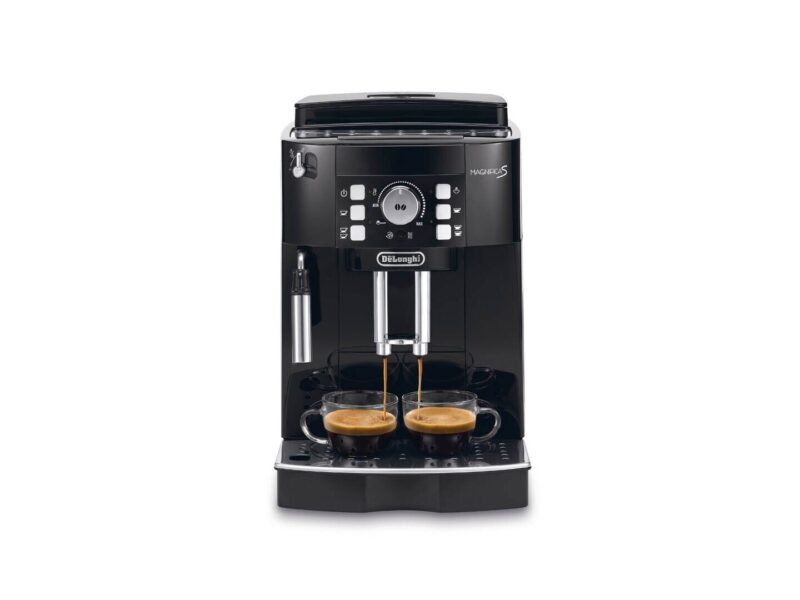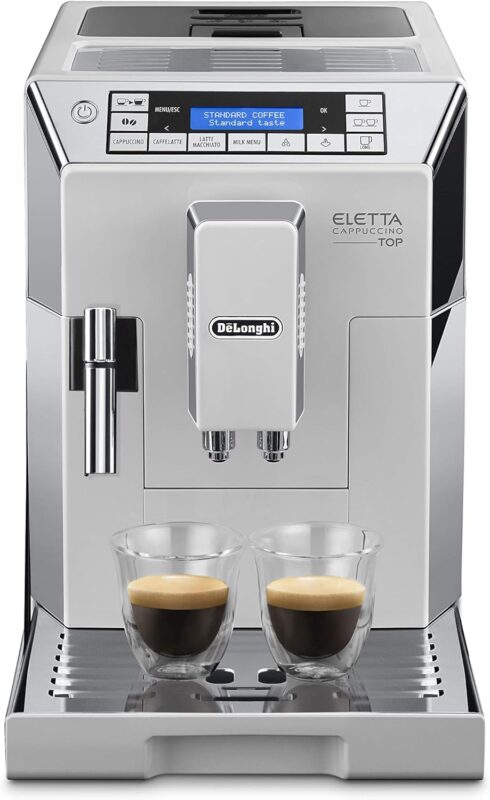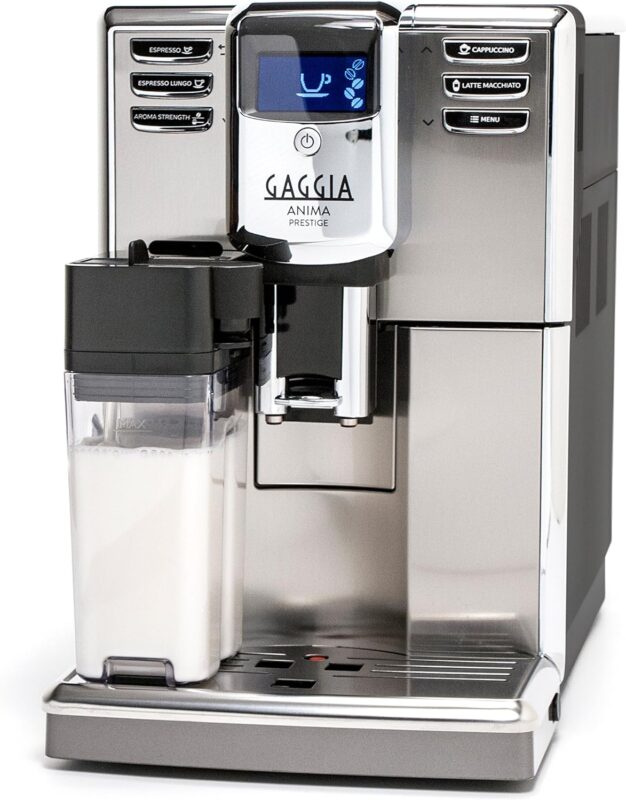Monsoon Malabar Coffee

“Mousson Malabar” is a unique variety of coffee produced from Arabica coffee beans grown in the Malabar region of India, one of the wettest regions in the country, known for its monsoon season.
Located in the mountainous region of southern India, Malabar provides ideal conditions for coffee cultivation: coffee plants grow at high altitudes, surrounded by lush vegetation and nutrient-rich humus soil.
After harvesting, the coffee beans undergo a unique process called “monsooning.” First, they are washed in spring water and dried in the sun. Then they are transported to open warehouses on the coast of Karnataka and Kerala, where the “monsooning” process begins.
In the open warehouses, the coffee beans are exposed to strong monsoon winds and rains for several months. This process allows the beans to absorb moisture from the monsoons, changing their size, color, and chemical composition. They acquire pale-yellow hues and lose much of their acidity, giving the coffee a rich and delicate flavor.
The “monsooning” method has historical roots associated with the journeys of coffee beans from India to Europe via the Cape of Good Hope. Beans stored on sailing ships were exposed to the influence of maritime winds and the humid atmosphere of the monsoon season, enhancing their flavor profile.
Thus, “Mousson Malabar” represents not only a coffee variety but also the process of its production, which gives it a unique and rich flavor profile.
| Weight | N/A |
|---|---|
| Bag Size | 454, 908, 2.5 |















